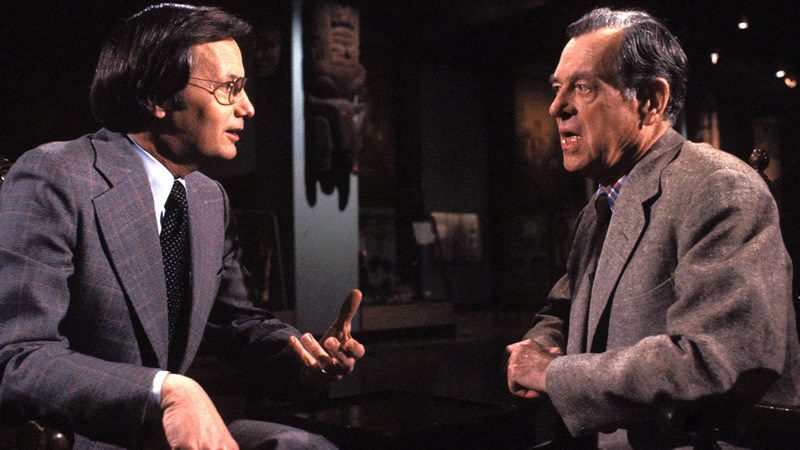An Interview with mythologist Joseph Campbell on the topic of chivalry, with Bill Moyers:
Moyers: So the age of chivalry was growing up as the age of romantic love was reaching out?
Campbell: The Middle Ages was a strange period because it was terribly brutal. There was no central law. Everyone was on his own, and, of course, there were great violations of everything. But within this brutality there was a civilizing force which the women really represented because they were the ones who established the rules for this game.
Moyers: How did it happen that the women had the dominant influence?
Campbell: Because if you want to make love to a woman, she’s already got the drop on you. The technical term for a woman’s granting of herself was merci; the woman grants her merci. Now, that might consist in her permission for the man to kiss her on the back of the neck once every Whitsuntide, you know, something like that – or it may be a full giving in love. That would depend upon her estimation of the character of the candidate… The essential idea was to test this man to make sure that he would suffer things for love, and that this was not just lust.
Moyers: Joseph, that may have emerged in the troubadour period, but it is still alive and well in East Texas.
Campbell: That’s the force of this position. It originated in twelfth century Provence, and you’ve got it now in 20th century Texas.
Moyers: Its been shattered of late, I have to tell you that. I mean, I’m not sure that it’s as much of a test as it used to be.
Campbell: The tests that were given then by women involved, for example, sending a chap out to guard a bridge. The traffic in the Middle Ages was somewhat encumbered by these youths guarding bridges. But also the tests included going into battle. A woman who was too ruthless in asking her lover to risk a real death before she would acquiesce in anything was considered sauvage or “savage”. Also, the woman who gave herself without the testing was “savage”. There was a very nice psychological estimation game going on here. [From – The Power of Myth].
